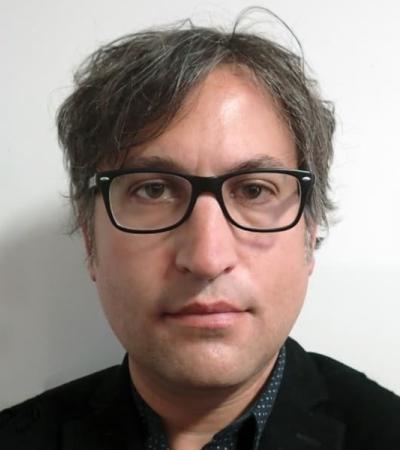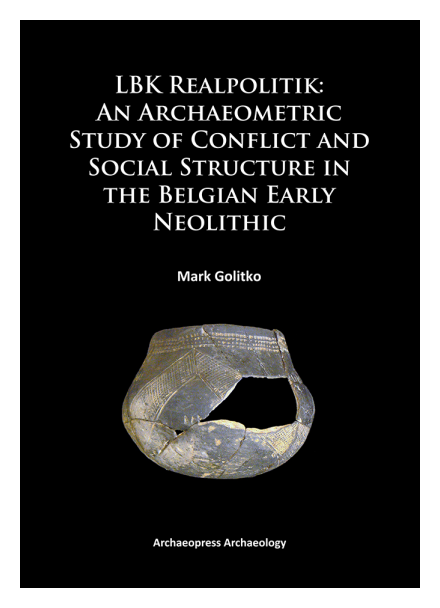Mark Golitko is an assistant professor of anthropology whose research focuses on prehistoric conflict, social networks, human-environment systems, and the mechanisms that explain human bio-cultural diversity. Methodologically, he specializes in the application of physical scientific methods to the archaeological record, as well as social network analysis. Golitko has been a Kellogg Institute faculty fellow since 2020.
Golitko is currently conducting field and laboratory research focused on Europe and the southwestern Pacific. With National Science Foundation funding, he is researching long-term human response to environmental change in the area around Aitape, northern Papua New Guinea, as well as how changes in human settlement and social networks may explain the high levels of human diversity currently found there. He is also involved in the BAKOTA (http://bakota.net/) project, which explores social change during the Middle Bronze Age of eastern Hungary.
Golitko is the author of the book LBK realpolitik (Archaeopress, 2015), which examines how conflict impacted social structure during the earliest Neolithic period of northwestern Belgium. He has also written about the archaeology of Mesoamerica and South America, and has conducted archaeological and geological fieldwork in North America.
Golitko is a faculty fellow at the Kroc Institute for International Peace Studies and a research associate at the Field Museum of Natural History. He earned an MA and PhD in anthropology from the University of Illinois at Chicago.







